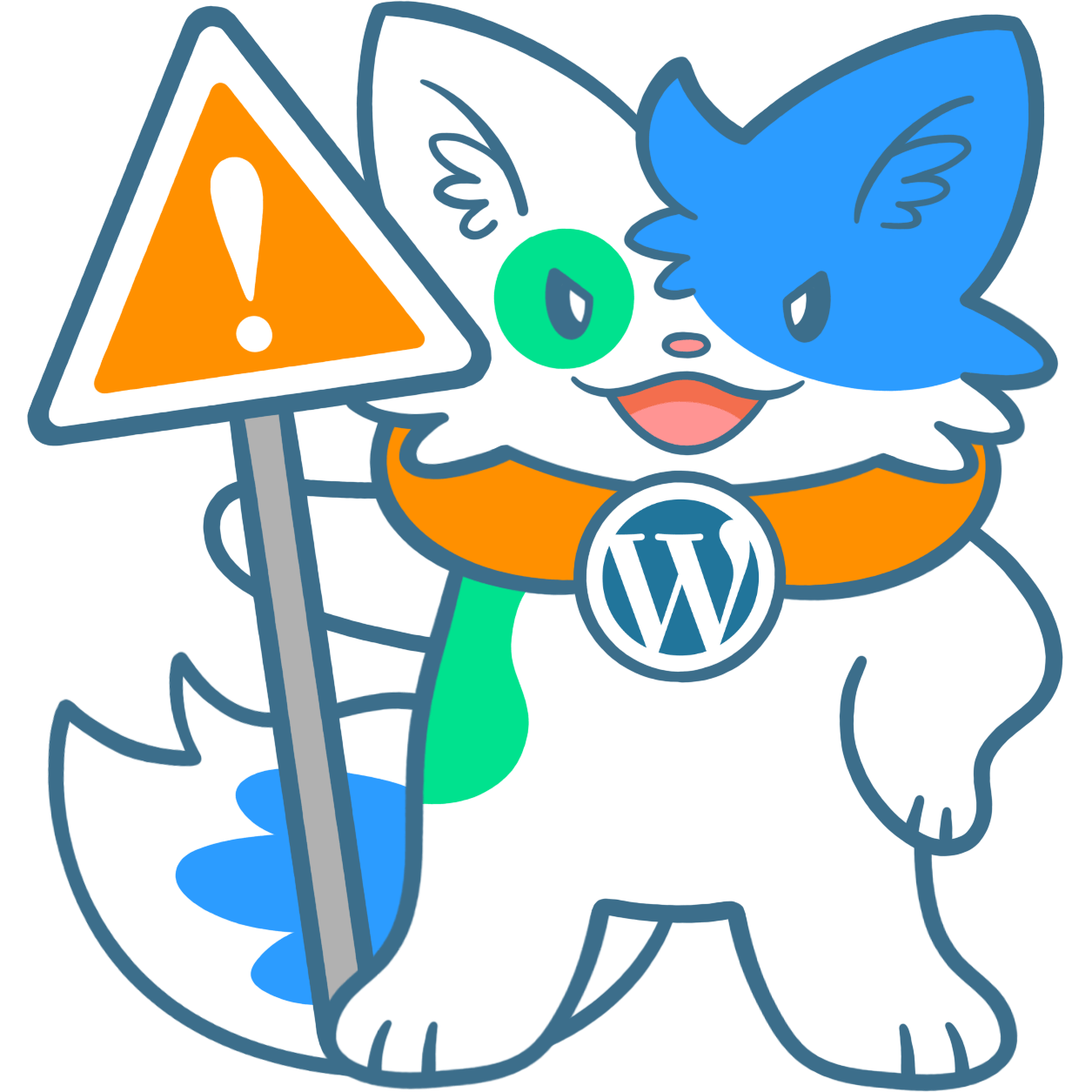I’m about to dive into a discussion about why it might be wise to avoid using WP Rocket and similar plugins. This isn’t a direct criticism of WP Rocket or its hardworking team, but rather an exploration of the potential issues that can arise from such tools. Before I start, I want to say sorry to the folks at WP Rocket. They’re a great team, working hard to make websites faster – and that’s really cool. But the truth is, their tool, like others of its kind, can cause some problems.
If a WordPress site isn’t fast from the get-go, there’s usually a reason. I’ve seen this happen with lots of users – they run into troubles because of WP Rocket and don’t know how to sort them out. So, let’s talk about why you might want to be careful with these kinds of plugins.
If you’re using WP Rocket, Meow Apps will not be able to help fixing your issues.
The Issues
Cache Inconstancy
One of the biggest issues with caching plugins is that changes to the website may not immediately reflect to the end-user. This happens because the cache still serves the old version of the site. The cache must be manually cleared or set to expire for changes to become visible. This can be a problem, particularly for dynamic sites that frequently update.
Issues with Dynamic Content
While caching is great for static content, it can cause problems with dynamic content, especially pages that are unique to each user, like account pages or shopping carts. This is because these pages need to be generated afresh for each user, and caching them can lead to incorrect data being displayed.
Login Sessions
Cache plugins might not handle login sessions well, making it a problem for membership sites or e-commerce stores, etc. It might serve cached pages when it shouldn’t, causing users to see pages as if they were logged out, cookies issues, authentification errors, etc.
Conflict with Other Plugins
Some caching plugins are not compatible with all plugins and themes, causing site crashes, broken layouts, or other strange behaviors. This can also lead to more troubleshooting, which can slow down your site management.
Broken Scripts and Styles
Minification is a process that removes all unnecessary characters (like spaces, line breaks, comments, etc.) from the source code without changing its functionality. While this can significantly reduce the size of your CSS and JS files, if not done correctly, it can sometimes cause issues like breaking the layout or functionality of your website.
Concatenation is the process of combining multiple CSS and JS files into one. This reduces the number of HTTP requests needed to load a page, which can help improve page load times. However, there can be downsides to this. For instance, if one file in the bundle causes an error, it can impact the entire bundle and break functionality on your site. Additionally, this process can sometimes lead to issues with the order in which scripts are loaded, which can also break things.
WP Rocket allows you to defer loading of JavaScript files until user interaction, which can speed up the initial page load time. However, this might also cause issues with scripts that need to be loaded right away. If a script that’s crucial for your site’s functionality gets deferred, it can cause elements on your site to not work properly until the entire page is loaded.
Complexity
Many caching plugins come with a plethora of options, which can be confusing for non-technical users. Misconfiguration can potentially slow down the site, instead of speeding it up, or cause other unexpected behaviors.
SEO Problems
Caching can sometimes interfere with SEO plugins, leading to incorrect or outdated meta tags being served to search engines, which could negatively impact search rankings.
The Solution
Again, my apologies to the WP Rocket team; but I advise against using their tool. Personally, I’ve never used it, nor have I recommended it to any of my friends or clients. The reality is, it’s not necessary unless you run a simple, informational site without any user interactions or memberships.
If your website is purely static, you might benefit from WP Rocket as it essentially converts WordPress—a dynamic system—into a static one. However, if you decide to go this route, be very careful with each feature you turn on in WP Rocket because they can still cause problems. If a purely static site is what you need, though, you might want to reconsider whether WordPress is the best platform for you. Pure static solutions could offer superior performance and cost-efficiency.
The top tip I can offer is to invest in a high-quality hosting service. Yes, it might cost more than $15 a month, but if you’re serious about your work and would rather focus on growing your business than fiddling with plugins and their settings, then it’s a worthwhile investment. Employing a skilled and reputable developer can also be beneficial—they’ll aim to keep your WordPress site light and efficient, avoiding unnecessary plugins whenever possible.
